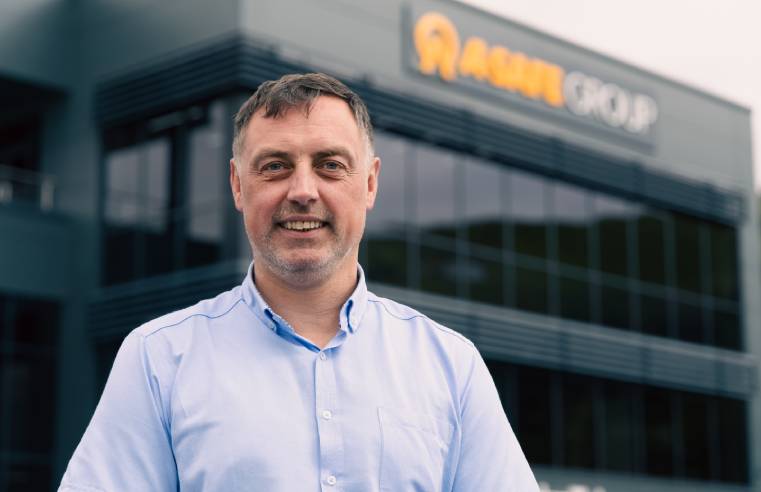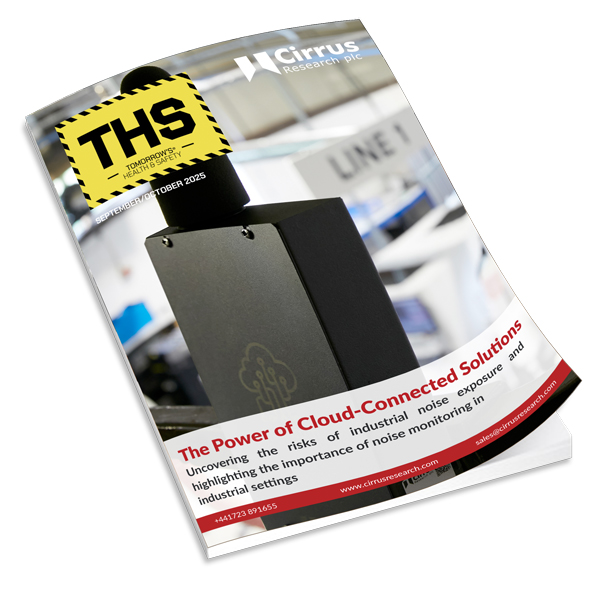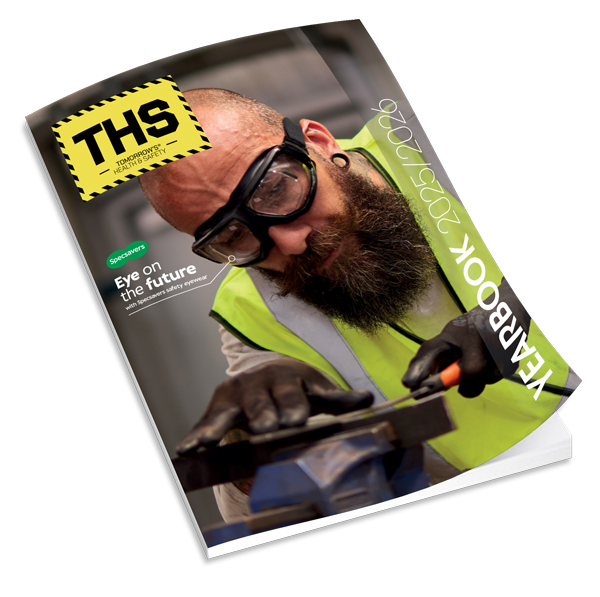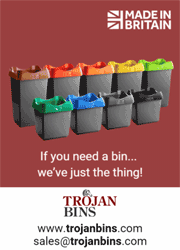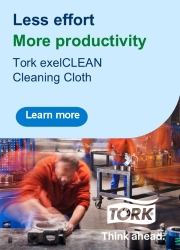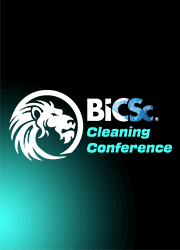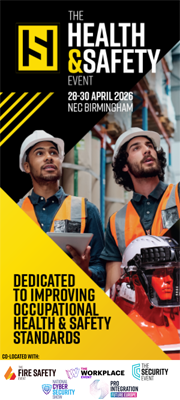Paul Hambidge, founder of flooring retailer and manufacturer Factory Direct Flooring, considers the key factors when selecting safety flooring for a work environment.
Simply put, businesses have a duty of care to not put people in danger, and with 29% of the 65,427 non-fatal employee injuries reported in 2019/20 being due to slips, trips or falls (RIDDOR), evaluating and addressing risks in relation to the type of flooring laid is a crucial element of injury prevention. The Workplace (Health, Safety and Welfare) Regulations 1992 require the floor surface to be suitable by not being ‘slippery as to expose any person to risk to their safety’ and while preventing contamination is always preferable, changing the floorcovering to one with increased slip resistance can be a simple and effective measure.
Flooring may be marketed as non-slip but this isn’t necessarily the same as safety flooring, which is specially engineered using safety aggregates and particles such as recycled natural aggregates, quartz, aluminium oxide or silicon carbide. Some products are manufactured with a thin coating – which meet the requirements for them to be safety flooring – but that coating can wear away over time. Ensuring a product has ‘sustained slip resistance’ with aggregates contained throughout the full thickness of the wear layer therefore means the flooring has sustainable slip protection for the guaranteed product lifetime. The surface emboss and aggregates combine to create more friction and underfoot safety.
With flooring designed to provide slip resistance in wet conditions, the European standard for particle-based safety flooring is EN 13845. This means the product has demonstrated the longevity of the aggregates – and therefore slip resistance – through a 50,000 cycles abrasion test (EN 660-2). The Pendulum Test Value (PTV) is also another important specification and a PVT of ≥ 36 signifies a one in one million slip risk. Another standard for compliance in commercial flooring is the R rating; safe flooring in an average office would require R10 whereas premises with continually wet floors, like a swimming pool, would need maximum friction with R13 flooring. Products with a raised emboss create even more grip when walking barefoot.
If you’re in any doubt, or want reassurance, choose a reputable retailer or manufacturer and speak to them about your needs – they should be happy to offer advice and illustrate their expertise in the sector your business is in. Should you wish or need to go one step further, a specialist can prepare details of the exact slip resistance specification you require, which is likely to include the coefficient of friction measurements and surface micro-roughness data. The type of contaminant your flooring is likely to guard against can also be a consideration, whether that’s water, a greasy pollutant, a type of dust or another powdery substance.
Wet or dry contaminants on a premise’s floor may not seem to pose a high risk for many businesses, but even the tiniest amount creates a ‘squeeze film’ between a person’s shoe and the floor. A wet film just one tenth the thickness of a human hair – measured at 1-2 µm – can mean shoe to floor contact is prevented. Therefore, the saying ‘better to be safe than sorry’ certainly applies.
Especially considering the range of oak-effect safety flooring products that are available on the market, businesses don’t have to settle for plain or speckled vinyl product that one is likely to see in a healthcare or classroom setting; offices, restaurants and retail units can be both slip resistant and aesthetically beautiful too.
Without a doubt, specialist safety flooring is a solution to keeping people safer where there is even a small risk of fluid or dry contaminants making a surface slippery underfoot. However, with a number of ratings, tests and competing products it can be a confusing area to navigate. Consider the likely contaminants, the level of footfall or other punishment from wheels, how long you expect the floor to last, how the floor will be maintained and cleaned, and whether the aesthetic is important. With these things in mind, a professional retailer such as Factory Direct Flooring that stocks multiple safety flooring brands or a dedicated manufacturer will be able to deliver on a product that’s right for you.









